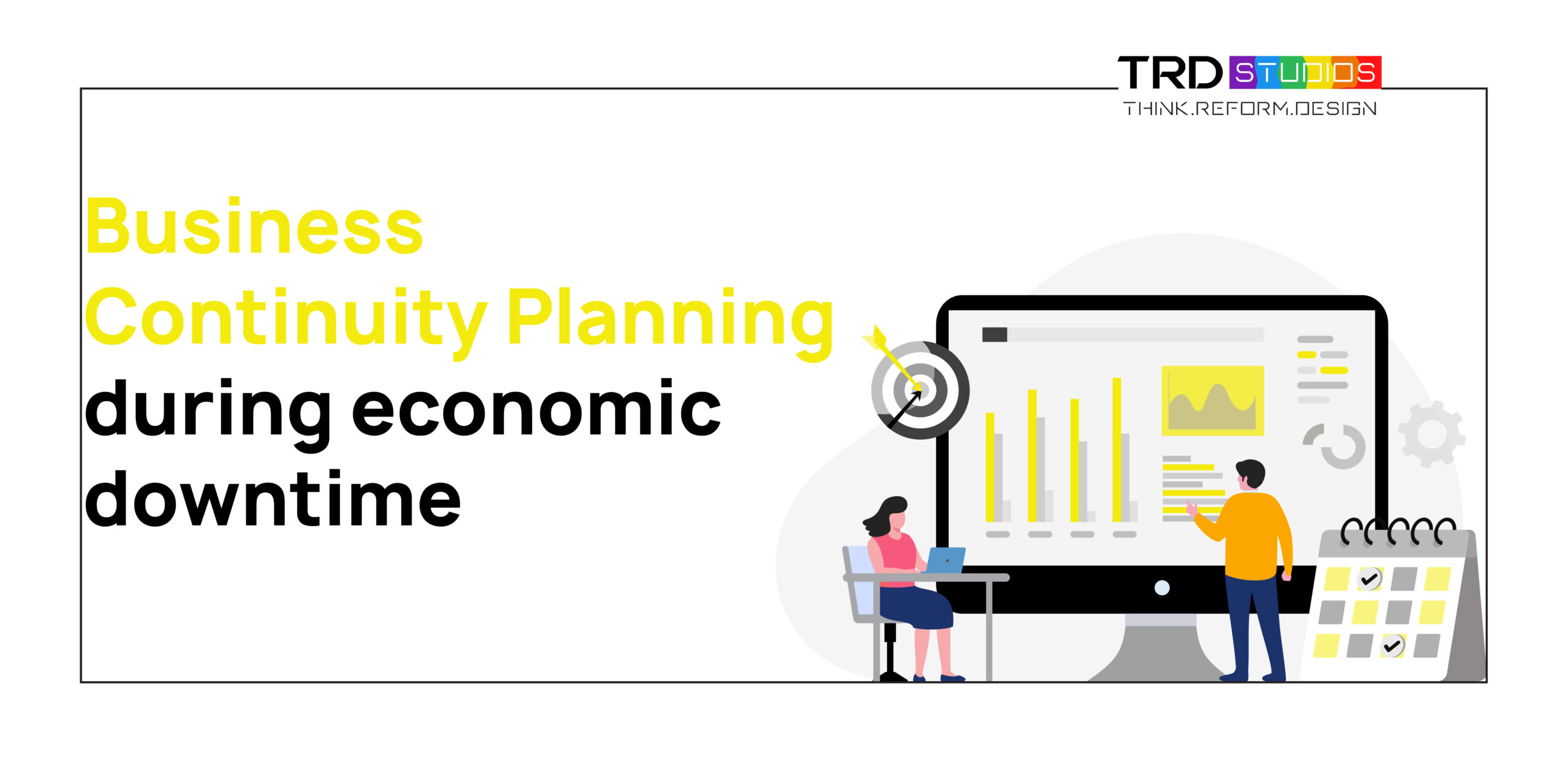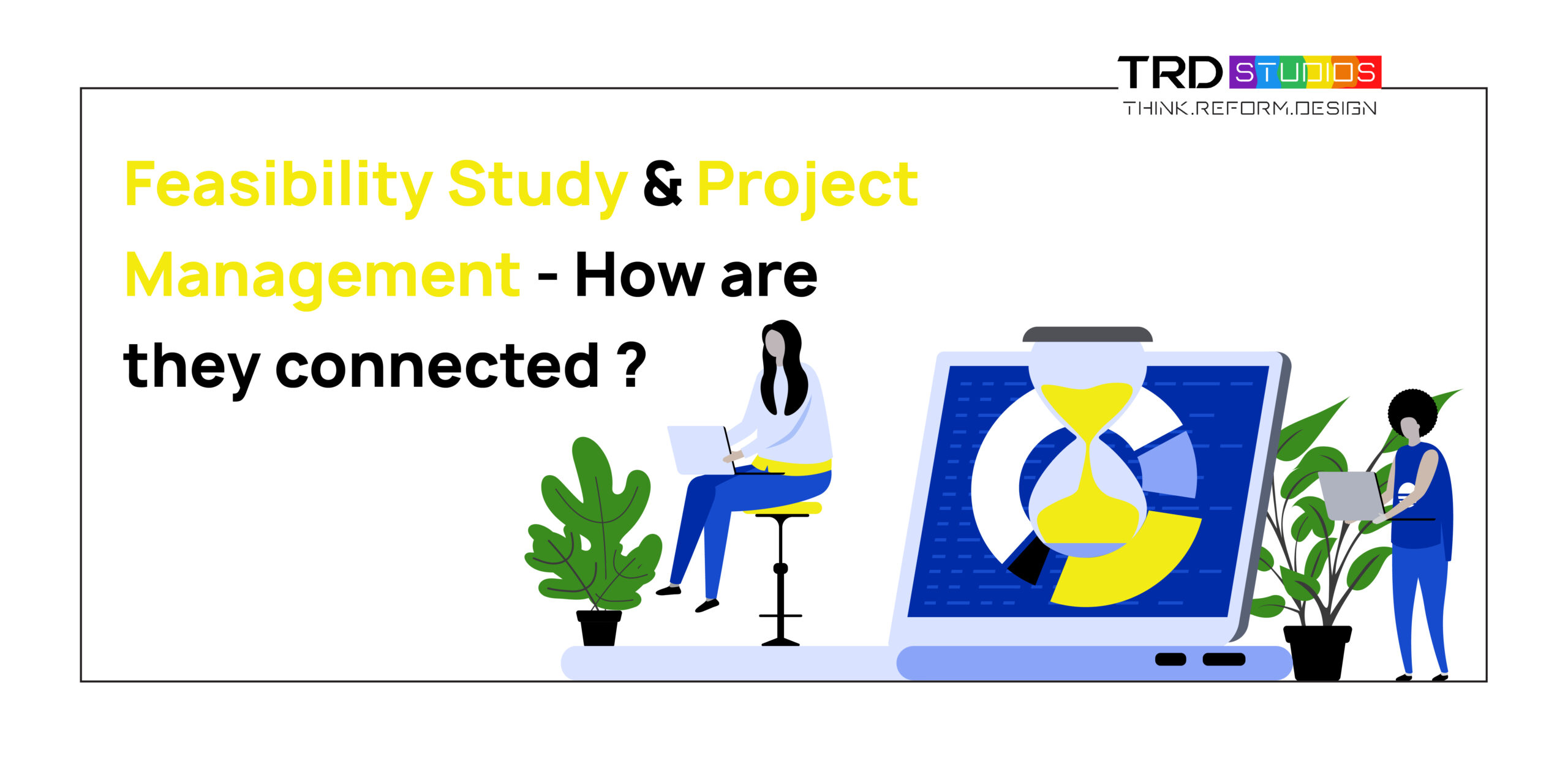The famous Henry Ford once said, “Stopping advertising to save money is like stopping your watch from saving time,” and I think all of us could agree with this as advertising is, in actuality, one of the most crucial parts of a business. Without it, there would be minimal sales and no growth.
When the novel coronavirus started spreading globally in February 2020, businesses rushed to decrease costs, to trim their unnecessary spendings. Unfortunately, quite a few companies considered advertisements to be a part of that dispensable group. Cutting down on advertisements led to them having to cushion too many losses, resulting in many countries going into recession. India, unfortunately, was also part of the group of the countries that had to initialize an “unlock” because the economy was suffering a lot.
Thankfully, companies realized the mistake they had made and started advertising again. The next obstacle they faced was figuring out what kind of advertisements would work since now the main focus was digital marketing. Advertisements were required to be sensitive to the ongoing situation in which people are losing family members and being cautious about the virus. This phase of advertising, however, was easy. The main goal was sensitized ads trying to establish a new “normal” in these abnormal times. Most companies were successful in managing this.
Regrettably, these businesses didn’t know of the upcoming hindrances that would be a lot harder to handle.
An unfortunate turn of events occurred
Along came 2021, people rejoicing about having survived a year of the pandemic. Rejoicing a little too much as numbers started steadily rising, and before we could’ve known, we were at our homes again, trying to avoid falling prey to the virus again. These times were proving to be hard for advertisements as they had already established a “normal,” but there was a need for hope as people were now desolate. There are more significant numbers of favourable cases and not enough supplies. The health system isn’t prepared to handle such vast amounts of patients, and yet the advertisements are now focused on suspension more than raising awareness while also trying to sell their products.
The advertisements have changed back to the old ways as if nothing happened in the middle. We can’t see imminent personalities making significant donations to help the pandemic or posting videos on social media platforms about the need for wearing masks and staying indoors. Everyone, especially the advertisement industry, has taken an extremely inadvertent approach to this second wave of the novel coronavirus. Sadly, the corporate world has turned a blind eye to the casualties taking place.
The healthcare system is starting to crumble.
The second wave of this pandemic is proving to be more menacing than the last one. The population is resorting to expressions of resignation as their mother or grandfather pass away due to the lack of oxygen or a hospital bed. India’s healthcare system is crumbling, with patients having to share beds and cases of essential medicines being stolen rising. The most optimistic and kind people also feel defeated as the need for hospital beds and antivirals rises, but no help is given.
The country is very close to officially declaring a medical emergency. Yet, the corporate domain only cares about coming up with creative ads for the Indian Premier League or upcoming web series. It is saddening to see how careless and insensitive the marketing industry is being during these challenging times. There are barely any companies supporting or endorsing the #MaskUp campaign, except a few. We can earn money by playing X game endorsed by X cricketer, but what about the oxygen concentrator that our sick father needs?
Is there any hope?
When the heads of corporate giants like Bill Gates are reluctant in helping countries that are drowning and desperately in need of help by not sharing the vaccine patents, we can’t say much too smaller companies. And, yet, there are some business tycoons like Anand Mahindra, the head of Mahindra, who are trying to spread positivity and happiness in these bleak times. The ad, shared initially by Coca-Cola in 2020, focuses on images and montages of struggle worldwide, of the front-line workers working hard to help the patients fight with the pandemic. This little gesture aiming at spreading optimism touched the hearts of many. Another such heartwarming advertisement was released by Heineken called “Ode to Close”, which addressed staying apart being the new way of showing our love. It welcomed overwhelmingly positive responses. While we hear about such positive advertising from time to time, harsh and insusceptible advertising is abundant—for example, the fashion brand ASOS selling mask-like accessories which don’t offer any protection. Thankfully, the scathing reviews that these brands receive from the people help make them rethink their advertisement policies.
Help comes to those who endorse it.
The vaccination drive which has been introduced acts like a miracle much needed in these dreary times. However, many are hesitant in getting these vaccinations which won’t just help us in protecting ourselves but also ending this pandemic. While some companies are being helpful and asking people to get vaccinated, some are blatantly tuning the pandemic out. This kind of attitude isn’t just irresponsible but also brainwashes the people watching into taking the pandemic casually. Companies like Budweiser, which are making efforts to put out advertisements asking people to get a shot in the arm should be rewarded, and other brands that are only advertising their brands in hopes of increasing sales and are mum when it comes to the pandemic should be penalized to give them a wake-up call.
The coronavirus has brought rudimentary changes to every field of life, be it the economy or the travel industry. In times as brutal as these, we can choose to either continue living in an oblivious state or help eradicate this virus from the world. Advertisements have the power to do anything, be it raising money for someone in need or instigating a riot. Therefore, the corporate world giants need to become responsible. It’s high time that they look beyond just the scope of increasing their businesses. Thus, we need to decide which side of the war we want to be on, which helps end suffering or the one that indirectly endorses it. The choice is ours, and yet, the effects will be dealt with by everyone.




